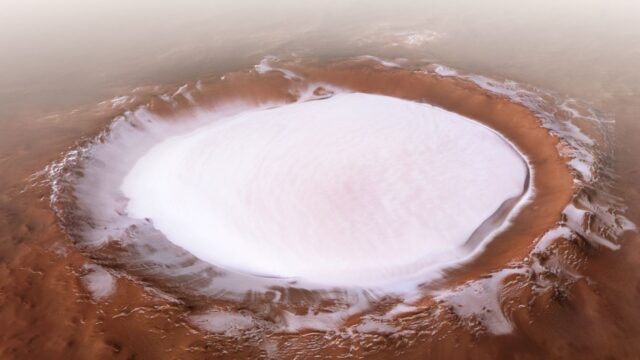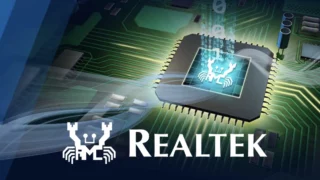The European Space Agency (ESA) has just launched one of its most unusual research missions yet. Volunteers can earn €5,000 for simply staying in bed for 10 days. That’s right—no gimmicks. Just lie down, remain flat, and help advance space science.
Mission: Stay in Bed for Science
ESA’s new study explores the effects of weightlessness on the human body. Scientists hope to simulate microgravity by keeping participants in a horizontal position for extended periods. This bold experiment could shape how astronauts travel to the Moon, Mars, and beyond.
Researchers will closely monitor volunteers throughout the 10-day trial. Participants must not leave the bed—not even to use the bathroom. All activities, including eating and hygiene routines, will occur while lying down. Even tilting the head upward is off-limits.
ESA chose the German Aerospace Center (DLR) in Cologne to host the research. Their specialized medical facility mimics space-like conditions. Medical staff and researchers will observe every physiological response in real-time.
Why This Matters for Space Exploration
ESA says this isn’t just about sleeping for cash. The experiment plays a vital role in preparing for long-duration space missions. When astronauts spend months in zero gravity, their muscles shrink, and their bones weaken. This study allows scientists to understand those effects without ever leaving Earth.
Each participant will undergo detailed medical tests before and after the trial. Scientists will examine changes in muscle mass, bone density, and cardiovascular health. Volunteers will also experience fluid shifts, back pain, and slight disorientation—just like real astronauts.
The €5,000 payment reflects the physical and mental challenge of lying completely still for 240 hours. ESA insists it’s no easy task. Volunteers must mentally prepare and commit fully to the rules. No cheating, no shortcuts, no stand-ups allowed.
Volunteers must be healthy, aged between 20 and 45, and able to speak fluent German. Applications are open now. DLR’s website has the full list of requirements and a detailed application form.
ESA hopes the data will help design better exercise routines and medical support for astronauts. If successful, the experiment may even inspire medical practices for bedridden patients on Earth.
Sleeping for science might sound dreamy, but it’s real, groundbreaking work. ESA turns a nap into a mission. And for €5,000, many may find that a dream worth chasing.














